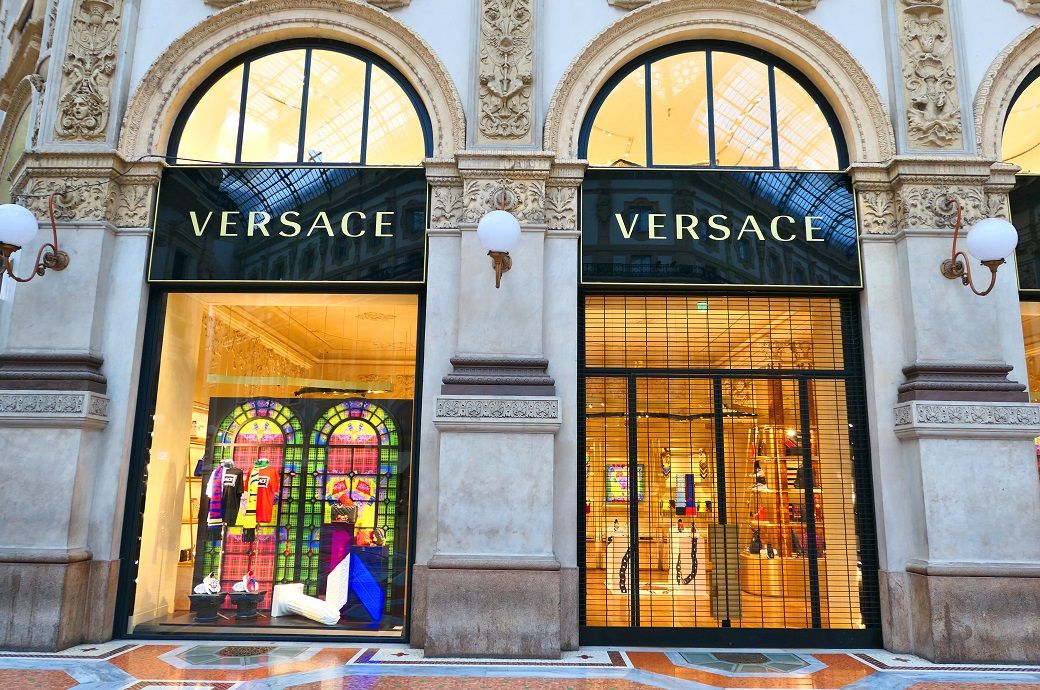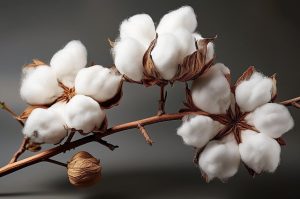
Capri Holdings, the American luxury fashion conglomerate known for brands like Versace, Jimmy Choo, and Michael Kors, recently released its financial results for the second quarter of Fiscal Year 2025. The company reported revenues of $1.08 billion, marking a significant decrease of 16.4 percent compared to the same period last year. Gross profit stood at $694 million, yielding a gross margin of 64.3 percent. Despite the challenges, the luxury fashion group saw mixed performances across its brands: Versace and Michael Kors experienced sales declines, while Jimmy Choo noted modest growth.
The net income for the second quarter was $24 million, down steeply from $90 million a year earlier. The adjusted operating margin was 3.0 percent, compared to 12.2 percent in the previous fiscal year. A closer look at the brand performance revealed that Versace faltered with revenues of $201 million, a drop of 28.2 percent. Retail sales saw considerable decreases, particularly in the Americas, where revenue plunged by 33 percent. Conversely, Jimmy Choo posted revenues of $140 million, reflecting a growth of 6.1 percent amidst challenging conditions.
Michael Kors, however, reported revenues of $738 million—decreasing by 16.0 percent year-over-year—as both retail and wholesale sales experienced significant downturns. Notably, the operating margin for Michael Kors shrank from 19.2 percent to 11.8 percent, largely due to fixed expenses against lower revenue. Despite these hurdles, Capri Holdings added a notable 10.9 million new consumers across all its brands, a testament to the enduring strength of its portfolio.
For the first half of FY25, the company generated total revenues of $2.146 billion, down from $2.520 billion year-on-year. The net income for this period dwindled to $11 million, a stark contrast to the previous year’s $138 million. Basic earnings per share decreased from $1.18 to $0.09.
John D Idol, Chairman and CEO of Capri Holdings, expressed disappointment over the Q2 results, attributing the decline to weakened demand for luxury goods globally. Nevertheless, he remained optimistic about the company’s strategic initiatives aimed at fostering long-term growth across its iconic brands, highlighting the robust brand loyalty and value that continue to engage consumers.






